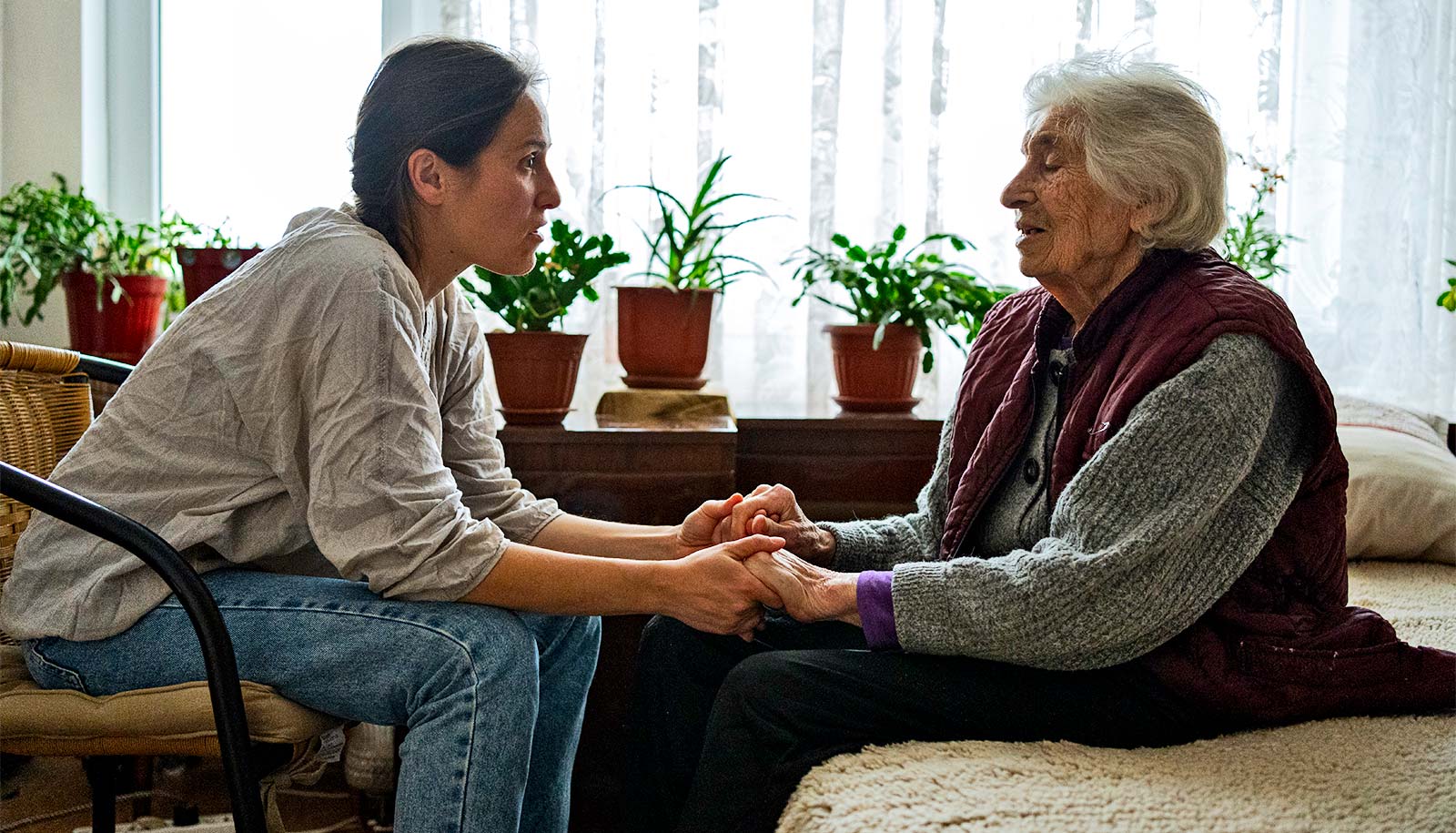The ratings for home health care companies do correspond with patient health outcomes, a study indicates.
Jun Li, a health economist at Syracuse University’s Maxwell School of Citizenship and Public Affairs, wanted to see if Medicare’s Quality of Patient Care home health star ratings have an impact on patient care.
Critics have argued that these ratings are inaccurate. But since Medicare’s ratings provide the only source of systematically and publicly available information on home health agency quality, it is important for patients to have access to valid ratings to find high-quality care.
For the paper in the journal Medical Care, Li studied more than 1.8 million Medicare fee-for-service beneficiaries who used home health care from July 2015 to July 2016 in the United States and evaluated whether patients treated by higher-rate agencies had better health outcomes.
Li looked at how many days patients were able to live independently at home after receiving home health care as well as if they needed hospitalization, visited an emergency department, had to be institutionalized, or died in the short-term.
In the study, Li found that patients treated by higher-rate agencies did better both in the short-term and long-term outcomes.
“Rates of hospitalization, emergency department use, institutionalization generally decreased,” says Li. “Patients treated by higher-rate agencies spent more time at home.”
With these findings, policymakers should work to increase awareness and use of the ratings by patients and their caregivers, says Li.
The star rating was created in 2015 with the aim of distinguishing high from low-quality home health agencies. Home health care plays an important role in caring for the elderly. For both the government and patients, Medicare’s home health visits are one of the least expensive ways to provide care, but assessing quality is often challenging for patients and their doctors, who must select an agency, often just as patients are leaving the hospital. Furthermore, many people tend to be less familiar with the reputation of home health agencies than they are with hospitals and other institutions within their communities.
While the rating system works, there are still issues with patients in rural areas who don’t live near highly rated agencies.
“While this study shows that the rating systems helps connect patients with effective home health agencies, there are still issues for some patients in accessing high-quality home health care, especially in rural settings,” says Li. “For example, 15% of patients live in zip codes where the best-rated home health options was only average. Knowing that the star ratings provide valuable signals of quality only means that we need to work harder at making sure that all people have access to high-quality care.”
Source: Syracuse University



